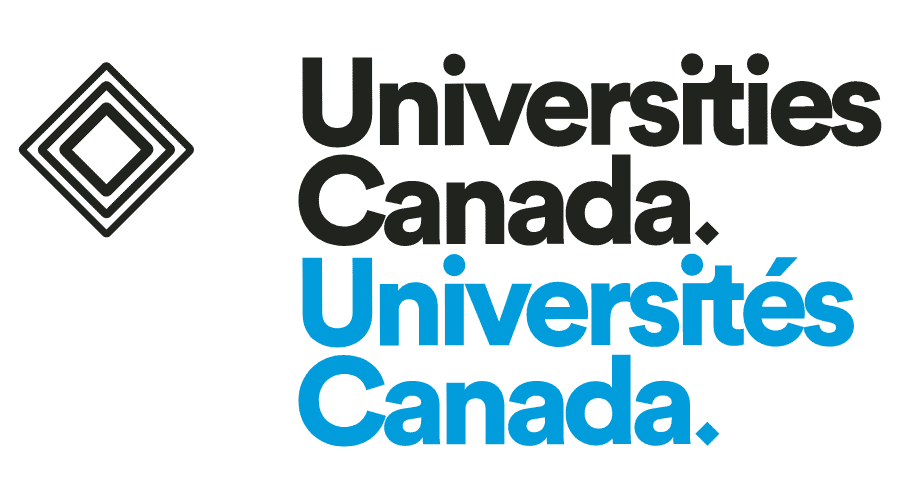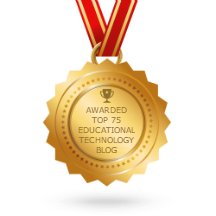An item that may be of interest to my academic colleagues in Canada.
Le français suit
January 15, 2024 | Le 15 janvier 2024
View this email on our website | Consultez ce couriel sur notre site internet
Congress 2024 heads to Montréal’s McGill University
Join us for the 93rd Congress of the Humanities and Social Sciences! Hosted by McGill University from June 12 – June 21, 2024
Register today
Welcome to Congress 2024.
Hosted in Montréal, QC
McGill University and the Federation for the Humanities and Social Sciences are thrilled to welcome back members returning and new for this year’s Congress held in Montréal, Québec. McGill University will be hosting this year’s event from June 12 – 21, 2024.
Sustaining shared futures
The theme for this year’s Congress is Sustaining shared futures. Transcending even the immense challenges posed by climate change, ‘sustainability’ urges the recognition of the interconnectedness of human existence and global action on the overlapping social, economic, environmental, and technological issues that threaten our future.
A meeting of the minds
Join the 58 associations and over 8,000 scholars, graduate students, and practitioners in the humanities and social sciences attending Canada’s largest academic gathering. Click below to view all participating associations.
Early bird pricing
Registration is now open! Book your spot before March 31 to take advantage of our early bird pricing. Click below to secure your spot or to learn more about registration types and fees for Congress 2024.
Association conferences
Register today
Registration tips.
Registration categories
This year, we are offering eight registration categories to meet the needs of our various attendees. Learn more.
International attendees
Are you an international attendee? Check whether you require a visa to enter Canada before registering. Learn more.
Find out all you need to know before registering
Still have questions? Email us at congress@federationhss.ca.
Keep up to date with #Congressh



Le Congrès 2024 s’installe à l’Université McGill de Montréal
Joignez-vous à nous pour le 93e Congrès annuel des sciences humaines! À l’Université McGill du 12 au 21 juin 2024
Inscrivez-vous
Bienvenue au Congrès 2024.
Organisé à Montréal, QC
L’Université McGill et la Fédération des sciences humaines sont ravies d’accueillir les participant.e.s, ancien.ne.s et nouveaux.elles, au Congrès de cette année. L’Université McGill accueillera l’événement du 12 au 21 juin 2024.
Assurer nos avenirs communs
Le thème du Congrès de cette année est Assurer nos avenirs communs. Transcendant les immenses défis posés par les changements climatiques, la ‘durabilité’ nous incite à reconnaître l’interdépendance de la vie humaine et des mesures globales prises afin de résoudre les enjeux sociaux, économiques, environnementaux et technologiques qui menacent notre avenir.
Une rencontre des esprits
Rejoignez les 58 associations et jusqu’à 8 000 chercheur.euse.s, étudiant.e.s diplômé.e.s et praticien.ne.s des sciences humaines qui participent au plus grand rassemblement universitaire du Canada. Découvrez toutes les associations participantes.
Conférences des associations
Tarif préférentiel
Les inscriptions sont désormais ouvertes! Réservez votre place avant le 31 mars pour bénéficier des tarifs de préinscription. Réservez votre place ou renseignez-vous sur les types d’inscription et les frais d’inscription au Congrès 2024.
S’inscrire aujourd’hui
Conseils pour l’inscription.
Conférences d’associations
Vous participez à une conférence d’association cette année? Consultez le détail des frais d’inscription. En savoir plus.
Participant.e.s internationaux.ales
Vous êtes un.e participant.e international.e? Vérifiez si vous avez besoin d’un visa pour entrer au Canada avant de vous inscrire. En savoir plus.
Découvrir tout ce que vous devez savoir avant de vous inscrire
Vous avez des questions? Envoyez-nous un courriel à congres@federationhss.ca.
Restez informé.e avec #Congressh



Made possible thanks to | Rendu possible grâce à

































 12 Unique Blogs Are Written By Professors
12 Unique Blogs Are Written By Professors